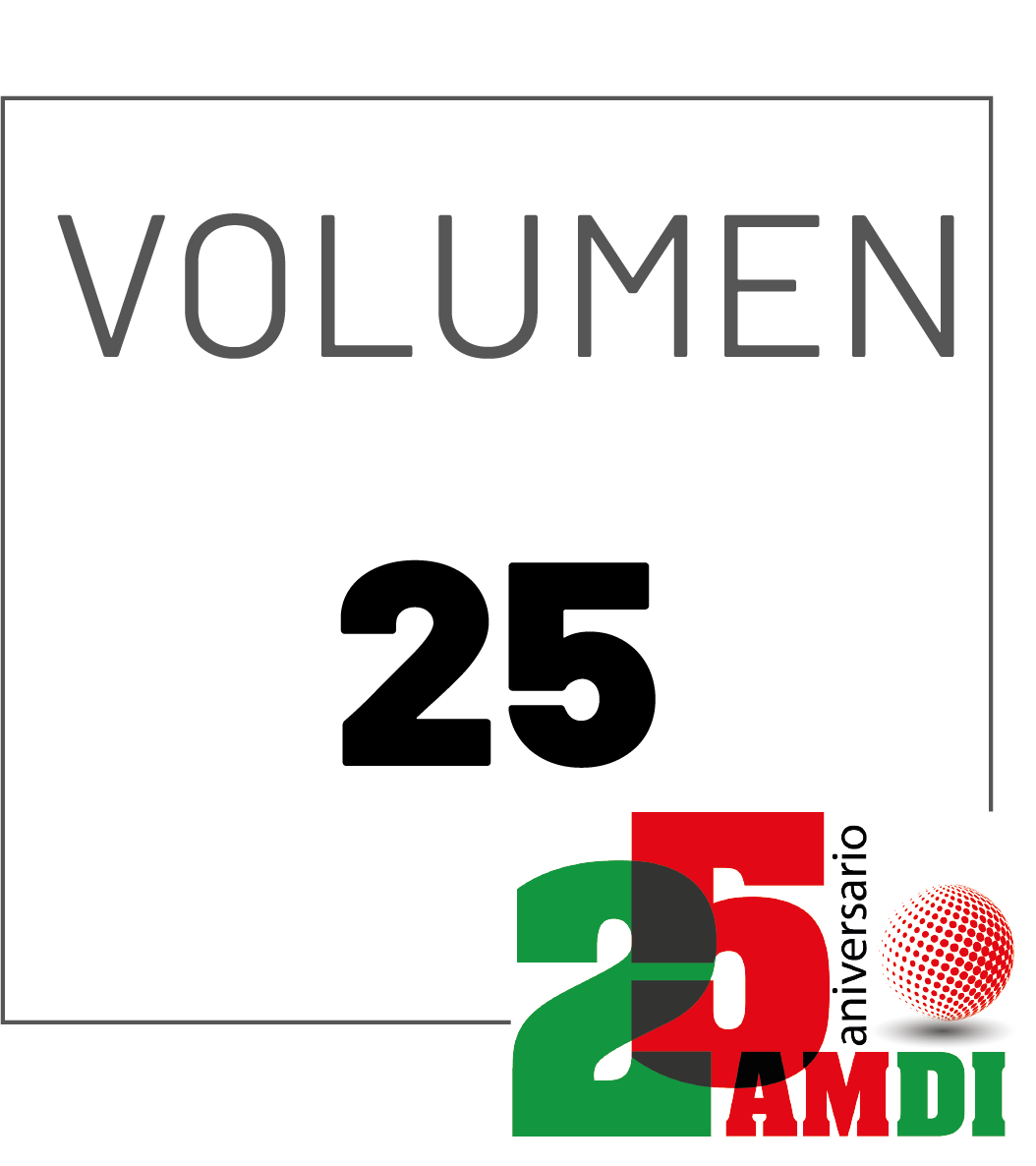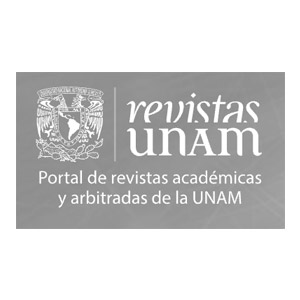Reajustando el neoliberalismo en el derecho internacional: expropiación indirecta y cambio normativo
Este artículo busca estudiar la historia relativamente inexplorada de la expropiación indirecta en el derecho internacional de inversiones. Sostiene que se han producido dos cambios importantes en su evolución desde su creación alrededor de 1917. El primero se refiere a su transformación, a lo largo de los años 1960 y 1970, de una norma residual que protegía a los inversores y al mismo tiempo acomodaba el derecho de los Estados a perseguir el interés público, a una norma marcadamente neoliberal que proporcionaba un nivel considerablemente mayor de protección a los inversores, a expensas del poder regulador del Estado. El segundo cambio, alrededor del año 2000, marcó el regreso de la norma a un paradigma moderadamente estatista, en gran medida bajo la doctrina de poderes regulatorios legítimos. El artículo utiliza esta reconstrucción histórica para reflexionar sobre la dinámica del cambio de normas en el derecho internacional de inversiones y en el derecho internacional en general. Sugiere cuatro factores teóricos reconocibles en la trayectoria de la expropiación indirecta y centrales en la evolución de cualquier norma internacional: la inestabilidad normativa, la baja autoridad institucional, los intereses de los Estados poderosos y la vigilancia pública.
Detalles del artículo
Uso de licencias Creative Commons (CC)
A partir del volumen 25, todos los textos publicados por el Anuario Mexicano de Derecho Internacional sin excepción, se distribuyen amparados con la licencia CC BY-NC 4.0 Internacional, que permite a terceros utilizar lo publicado, siempre que mencionen la autoría del trabajo y la primera publicación en esta revista.
Del volumen I al XIV de Anuario Mexicano de Derecho Internacional la licencia utilizada era Atribución-NoComercial-SinDerivadas 4.0 Internacional
Derechos de autoras o autores
De acuerdo con la legislación vigente de derechos de autor el Anuario Mexicano de Derecho Internacional reconoce y respeta el derecho moral de las autoras o autores, así como la titularidad del derecho patrimonial, el cual será transferido —de forma no exclusiva— al Anuario para permitir su difusión legal en acceso abierto.
Autoras o autores pueden realizar otros acuerdos contractuales independientes y adicionales para la distribución no exclusiva de la versión del artículo publicado en el Anuario Mexicano de Derecho Internacional (por ejemplo, incluirlo en un repositorio institucional o darlo a conocer en otros medios en papel o electrónicos), siempre que se indique clara y explícitamente que el trabajo se publicó por primera vez en el Anuario.
Para todo lo anterior, deben remitir la carta de transmisión de derechos patrimoniales de la primera publicación, debidamente requisitada y firmada por las autoras o autores. Este formato debe ser remitido en PDF a través de la plataforma OJS.
Derechos de lectoras o lectores
Con base en los principios de acceso abierto las lectoras o lectores de la revista tienen derecho a la libre lectura, impresión y distribución de los contenidos del Anuario por cualquier medio, de manera inmediata a la publicación en línea de los contenidos. El único requisito para esto es que siempre se indique clara y explícitamente que el trabajo se publicó por primera vez en el Anuario Mexicano de Derecho Internacional y se cite de manera correcta la fuente incluyendo el DOI correspondiente.
Consúltese https://creativecommons.org/licenses/by-nc/4.0/

Esta obra está bajo una licencia internacional Creative Commons Atribución-NoComercial 4.0.
Citas
Aldrich, George H., “What Constitutes a Compensable Taking of Property--The Decisions of the Iran-United States Claims Tribunal”, American Journal of International Law, vol. 88, num. 4, 1994, pp. 585-610.
American Law Institute, Restatement of the law second, foreign relations law of the United States, American Law Institute, 1965.
Barker, Paul, “Legitimate Regulatory Interests: Case Law and Developments in IIA Practice”, in Kulick, Andreas (ed.), Reassertion of Control over the Investment Treaty Regime, Cambridge University Press, 2016, pp. 230-258.
Barklem, Courtenay y Prieto-Ríos, Enrique Alberto, “The Concept of ‘Indirect Expropriation’, its appearance in the international system and its effects in the regulatory activity of governments”, Civilizar Ciencias Sociales y Humanas, vol. 21, num. 11, 2011.
Brabandere, Eric De, “‘States’ Reassertion of Control over International Investment Law: (Re)Defining ‘Fair and Equitable Treatment’ and ‘Indirect Expropriation’”, in Kulick, Andreas (ed.), Reassertion of Control over the Investment Treaty Regime, Cambridge University Press, 2016, pp. 285-308.
Chernykh, Yuliya, “The gust of wind: The unknown role of Sir Elihu Lauterpacht in the drafting of the Abs-Shawcross Draft Convention”, in Schill, Stephan W. et al. (eds.), International Investment Law and History, Edward Elgar Publishing, 2018, pp. 241-285.
Christie, George C., “What Constitutes a Taking of Property Under International Law?” British Yearbook of International Law, vol. 38, 1962, pp. 307-338.
Collins, David, An Introduction to International Investment Law, Cambridge University Press, 2016.
Cox, Johanne M., Expropriation in Investment Treaty Arbitration, Oxford University Press, 2019.
Dolzer, Rudolf, “Fair and Equitable Treatment: A Key Standard in Investment Treaties”, The International Lawyer, vol. 39, num. 1, 2005, pp. 87-106.
Dolzer, Rudolf, “Indirect Expropriation of Alien Property”, ICSID Review - Foreign Investment Law Journal, vo. 1, 1986, pp. 41-65.
Dolzer, Rudolf, “Indirect Expropriations: New Developments”, New York University Environmental Law Journal, vol. 11, num. 1, 2002, pp. 64-93.
Dolzer, Rudolf y Bloch, Felix, “Indirect Expropriation: Conceptual Realignments?”, International Law Forum, vol. 5, num. 3, 2003, pp. 155-165.
Dolzer, Rudolf y Schreuer, Christoph, Principles of International Investment Law, 2nd ed., Oxford University Press, 2012.
Fachiri, Alexander P., “Expropriation and International Law”, British Yearbook of International Law, vol. 6, 1925, pp. 159-171.
Fish, Stanley Eugene, Is there a text in this class: the authority of interpretive communities, Harvard University Press, 1980.
Friedman, R. B., “On the Concept of Authority in Political Philosophy”, en Raz, Joseph (ed.), Authority. New York University Press, 1990.
Greenman, Kathryn, Orford, Anne et al., “International Law and Revolution”, en Saunders, Anna; Orford, Anne et al. (eds.), Revolutions in International Law: The Legacies of 1917, Cambridge University Press, 2021, pp. 1-24.
Henisz, Witold J., “The institutional environment for multinational investment”, The Journal of Law, Economics, and Organization, vol. 16, num. 2, 2000.
Herz, John H., “Expropriation of Foreign Property”, American Journal of International Law, vol. 35, num. 2, 1941, pp. 243-262.
Hirsch, Moshe, “Between Fair and Equitable Treatment and Stabilization Clause: Stable Legal Environment and Regulatory Change in International Investment Law”, Journal of World Investment & Trade, vol. 12, num. 6, 12, 2011. https://doi.org/10.1163/221190011X00300
Hirsch, Moshe, “Social movements, reframing investment relations, and enhancing the application of human rights norms in international investment law”, Leiden Journal of International Law, vol. 34, num. 1, 2020. https://doi.org/10.1017/S0922156520000643
ILC, “Draft conclusions on identification of customary international law, with commentaries (A/73/10)”, 2018.
ILC, Fourth report on State Responsibility by F. V. Garcia Amador, Special Rapporteur, 1959.
Jandhyala, Srividya, Henisz, Witold J. et al., “Three Waves of BITs: The Global Diffusion of Foreign Investment Policy”, Journal of Conflict Resolution, vol. 55, num. 6, 2011, pp. 1047-1073. https://doi.org/10.1177/0022002711414373
Jennings, Robert, “The Role of the International Court of Justice”, British Yearbook of International Law, vol. 68, 1997.
Kaeckenbeeck, G., “The Protection of Vested Rights in International Law”, British Year Book of International Law, vol. 17, 1936, pp. 1-18.
Kläger, Roland, “Fair and equitable treatment” in International Investment Law, Cambridge University Press, 2011.
Kriebaum, Ursula, “FET and Expropriation in the (Invisible) EU Model BIT Special Issue: The Anatomy of the Invisible EU Model BIT”, Journal of World Investment & Trade, vol. 15, num. 3-4, 2014, pp. 454-483.
Krisch, Nico, “Liquid authority in global governance”, International Theory, vol. 9, núm. 2, 2017.
Lauterpacht, Hersch, “Règles générales du droit de la paix”, Collected Courses of the Hague Academy of International Law, Brill Nijhoff, vol. 62, 1937.
López Escarcena, Sebastián, Indirect Expropriation in International Law, Edward Elgar Publishing, 2014.
López Escarcena, Sebastián, “Aplicación de la Cláusula de la Nación Más Favorecida y del Trato Justo y Equitativo en la Jurisprudencia Internacional en Materia de Inversion Extranjera-El Caso MTD”, Revista Chilena de Derecho, vol. 32, num. 1, 2005, pp. 79-88.
McLachlan, Campbell, International Investment Arbitration: Substantive Principles, Oxford University Press, 2007.
Miles, Kate, The Origins of International Investment Law: Empire, Environment and the Safeguarding of Capital, Cambridge University Press, 2013.
Muchlinski, Peter T., Multinational Enterprises and the Law, Oxford University Press, 1995.
Newcombe, Andrew, The Boundaries of Regulatory Expropriation in International Law, Social Science Research Network, 2005. https://papers.ssrn.com/abstract=703244
OECD, Fair and Equitable Treatment Standard in International Investment Law, OECD Working Papers on International Investment, 2004.
OECD, Indirect Expropriation and the “Right to Regulate” in International Investment Law, OECD Working Papers on International Investment, 2004.
OECD Draft Convention on the Protection of Foreign Property, Adopted by the OECD Council on 12 October 1967.
OECD Negotiating Group on the Multilateral Agreement on Investment (MAI), Chairman’s Note on Environment and Related Matters and on Labour, DAFFE/MAI(98)10, 1998.
OECD Negotiating Group on the Multilateral Agreement on Investment (MAI), Consolidated Reports by Drafting Group N° 1 and Drafting Group N°2, DAFFE/MAI(96)16, 1996.
OECD Negotiating Group on the Multilateral Agreement on Investment (MAI), Drafting Group No.3 on Definition, Treatment and Protection of Investors and Investments, DAFFE/MAI/DG3/M(97)9, 1997.
OECD Negotiating Group on the Multilateral Agreement on Investment (MAI), Ministerial Statement on the MAI, 28 April 1998.
Ortino, Federico, The Origin and Evolution of Investment Treaty Standards: Stability, Value, and Reasonableness, Oxford University Press, 2019.
Paine, Joshua, “On Investment Law and Questions of Change”, The Journal of World Investment & Trade, vol. 18, num. 2, 2018, pp. 173-207.
Paparinskis, Martins, The International Minimum Standard and Fair and Equitable Treatment, Oxford University Press, 2013.
Paulsson, Jan, Denial of Justice in International Law, Cambridge University Press, 2005.
Paulsson, Jan y Douglas, Zachary, “Indirect expropriation in investment treaty arbitration”, in Horn, Norbert (ed.), Arbitrating foreign investment disputes, Kluwer Law International, 2004.
Pellet, Alain, “Police Powers or the State’s Right to Regulate”, in Kinnear, Meg (ed.), Building International Investment Law – The First 50 Years of ICSID, Kluwer Law International, 2016.
Reinisch, August y Schreuer, Christoph (eds.), “Expropriation”, en International Protection of Investments: The Substantive Standards, Cambridge University Press, 2020, pp. 1-250.
Roberts, Anthea, “Clash of Paradigms: Actors and Analogies Shaping the Investment Treaty System”, American Journal of International Law, vol. 107, 2013, pp. 45-94.
Schill, Stephan W., The Multilateralization of International Investment Law, Cambridge University Press, 2009.
Schittecatte, Catherine, “The Politics of the MAI: On the Social Opposition of the MAI and its Role in the Demise of the Negotiations”, The Journal of World Investment & Trade, vol. 1, num. 2, 2000, pp. 329-356.
Schreuer, Christoph, “The Development of International Law by ICSID Tribunals”, ICSID Review - Foreign Investment Law Journal, vol. 31, num. 3, 2016, pp. 728-739.
Schwarzenberger, Georg, Foreign Investments and International Law, Stevens and Sons, 1969.
Sedigh, Hassan, “What Level of Host State Interference Amounts to a Taking under Contemporary International Law?”, Journal of World Investment & Trade, vol. 4, num. 2, 2001.
Sloane, Robert D. y Reisman, W. Michael, Indirect Expropriation and its Valuation in the Bit Generation, Social Science Research Network, 2006. https://papers.ssrn.com/abstract=943430
Sohn, Louis B. y Baxter, R. R., “Responsibility of States for Injuries to the Economic Interests of Aliens: II. Draft Convention on the International Responsibility of States for Injuries to Aliens”, American Journal of International Law, vol. 55, num. 1961.
Sornarajah, M., Resistance and Change in the International Law on Foreign Investment, Cambridge University Press, 2015.
Titi, Catharine, Police Powers Doctrine and International Investment Law, Social Science Research Network, 2017. https://papers.ssrn.com/abstract=3050417
Tudor, Ioana, The Fair and Equitable Treatment Standard in the International Law of Foreign Investment, Oxford University Press, 2008.
UNCTAD, Expropriation: A Sequel, UNCTAD Series on Issues in International Investment Agreements II, 2012.
UNCTAD, Fair and Equitable Treatment, 1999.
Venzke, Ingo, How Interpretation Makes International Law: On Semantic Change and Normative Twists, Oxford University Press, 2014.
Vidyarthi, Abhisar, “Revisiting India’s Position to Not Join the ICSID Convention”, Kluwer Arbitration Blog, 2 August 2020. http://arbitrationblog.kluwerarbitration.com/2020/08/02/revisiting-indias-position-to-not-join-the-icsid-convention/
Weber, Simon, “What Happened To Investment Arbitration In India?”, Kluwer Arbitration Blog, 27 March 2021. http://arbitrationblog.kluwerarbitration.com/2021/03/27/what-happened-to-investment-arbitration-in-india/
Wortley, B. A., “Problèmes soulevés en droit international privé par la législation sur l’expropriation”, Collected Courses of the Hague Academy of International Law, vol. 67, 1939.
Wortley, B. A., Cheshire, G. C. et al., “Expropriation in International Law”, Transactions of the Grotius Society, vol. 33, 1947, pp. 25-48.
Yannaca-Small, Katia, “Arbitration Under International Investment Agreements: A Guide to the Key Issues”, Oxford University Press, 2018.




































